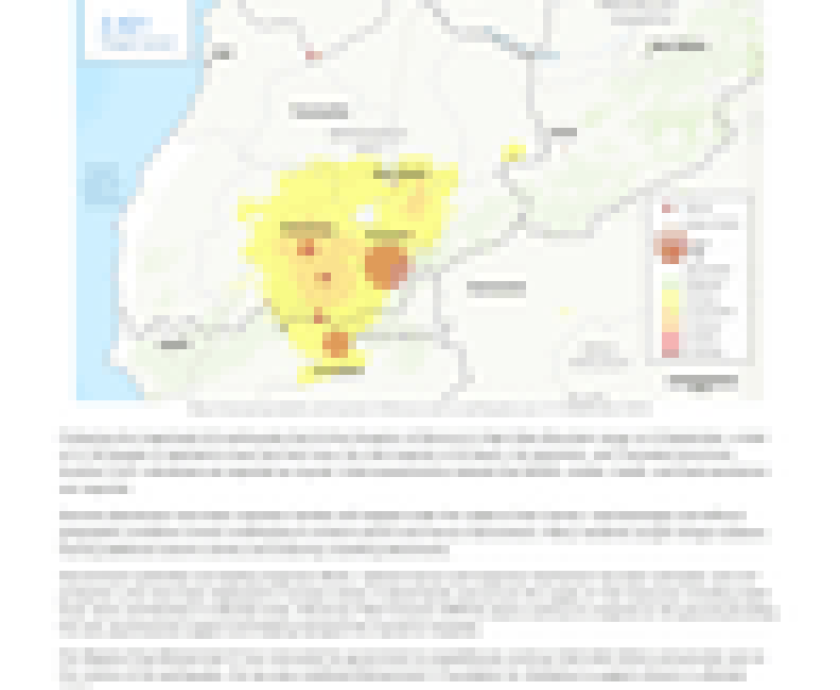Click to expand Image
A makeshift memorial for the dozens of Indigenous children who died more than a century ago while attending a boarding school that was once located nearby at a public park in Albuquerque, New Mexico, July 1, 2021.
© 2021 AP Photo/Susan Montoya Bryan, File
From 1819 to 1969, the United States federal government funded and operated 408 known “Indian boarding schools” with the express intent to “Kill the Indian in him, and save the man.” The government systematically and forcibly removed Indigenous children from their families and communities, violating their human rights. Now, Native advocates, survivors, and members of the US Congress have reintroduced a federal bill that would establish a Truth and Healing Commission to examine the full range of harms from the boarding school system.
These boarding schools were established to separate, including by violence, Indigenous children from their families, communities, cultures, and land, with the goal of cultural decimation and land dispossession. Hundreds of thousands of children were removed from their communities because of this policy. Once at the schools, Indigenous children were often subjected to forced labor, sexual, physical, and psychological abuse, starvation, and death. The schools were operated by religious institutions in collaboration with the US federal government. When perpetrators killed children, the children were often buried in unmarked graves. These deaths were hidden, and the extent of abuse is yet to be uncovered, though the US Department of the Interior predicts the number of children killed will be “in the thousands or tens of thousands.”
Individual Indigenous children were deprived of their rights to life, health, security, family, religion, and education, among other rights. And Indigenous communities were deprived of many rights, including their rights to culture, language, family, security, and religion.
The legacy of this harrowing system that continued for more than a century reverberates through every Indigenous person in the United States. Advocates, survivors, and communities face intergenerational trauma, higher rates of poverty, and loss of language, land, traditions, and culture. Despite this, Indigenous communities in the US remain culturally distinct, resilient, and sovereign.
Through Senate Bill 1723 and House Bill 7227, an Indigenous-led step towards justice, Native advocates are demanding the United States take this step toward justice and healing. Under the bills, a new federal commission would examine the location of missing children, document the impacts of boarding school policies, hold culturally appropriate public hearings to collect testimony from survivors and descendants, and provide a list of recommendations for further healing. Congress should pass the Truth and Healing Commission on Indian Boarding Schools Act.



